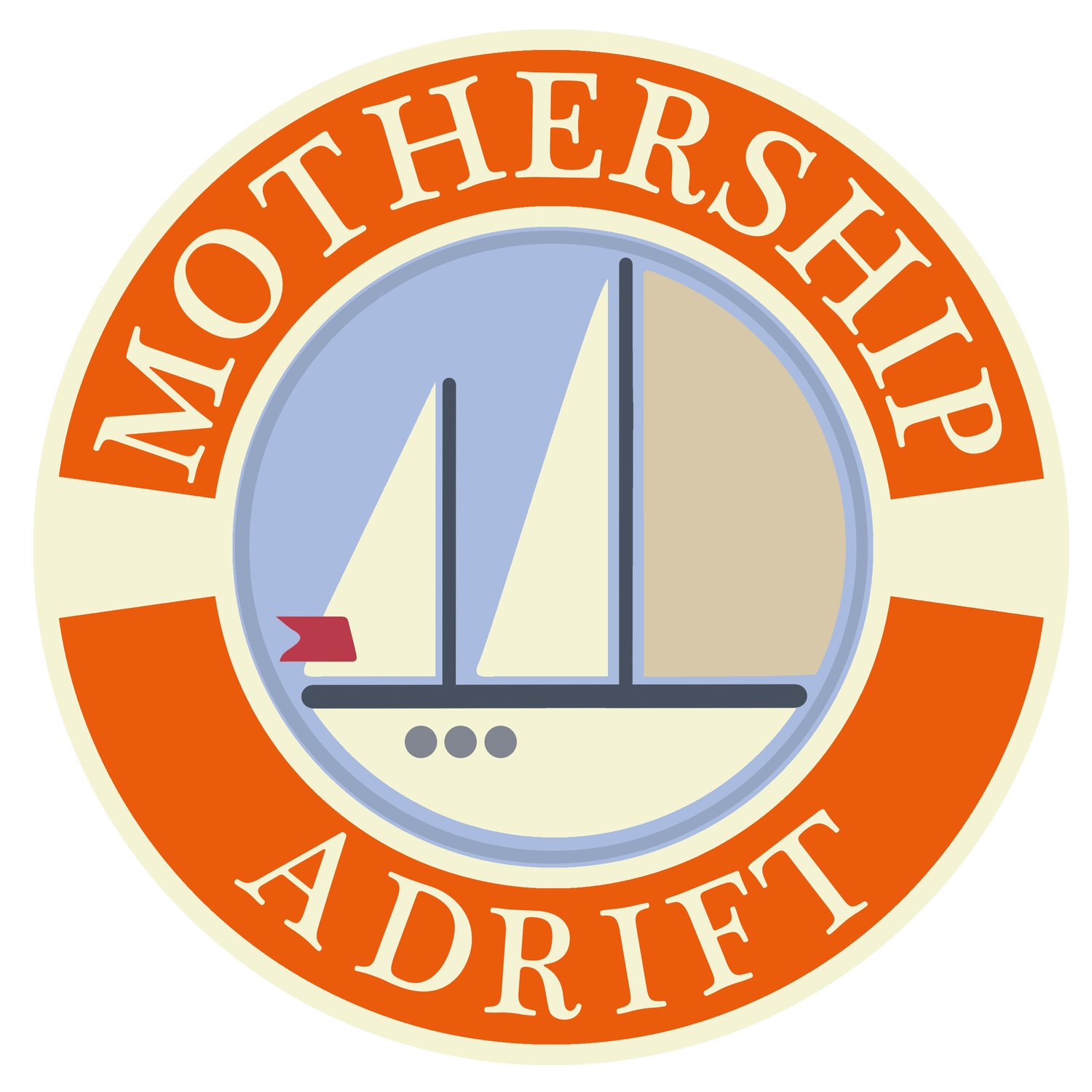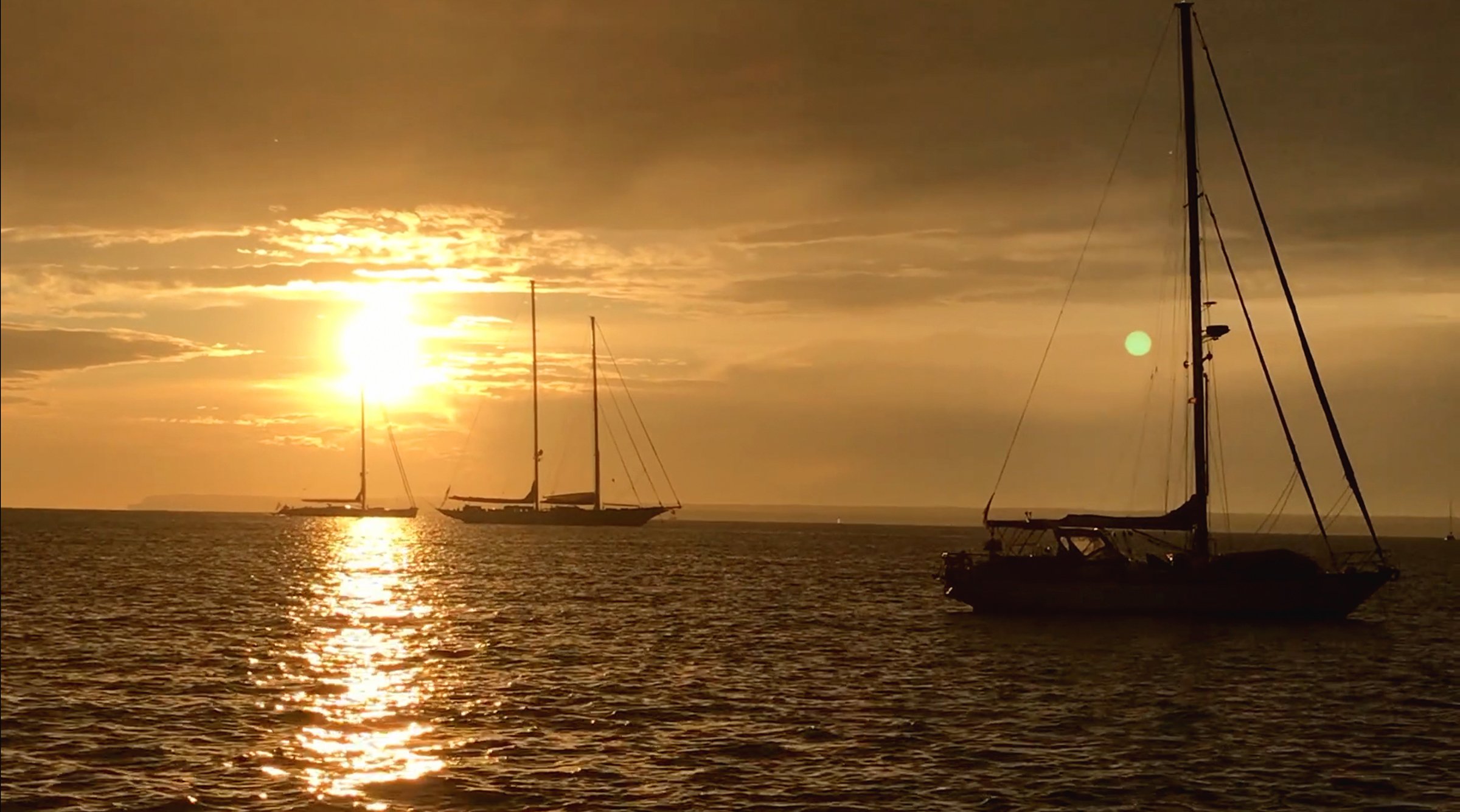What does it Mean to be Free?
01:01:04
Family Hike along the Coastline of Turkey
“All we have to decide is what to do with the time that is given to us.”
Theory suggests that the newborn universe should have had equal amounts of matter and antimatter, and these opposing states should have immediately annihilated one another in a puff of gamma rays. And that, so to speak, should have been the end of the matter.
But, for some inexplicable reason, there was a slight asymmetry that allowed matter to win out.
13.7 billion years later, against truly immeasurable odds, you were born. If that weren’t enough, historically, you have been born into an era of unprecedented freedom and opportunity.
Lucky you!
But what does it actually mean to be free, and what are you going to do with that freedom and opportunity anyway?
Irenka at the helm in the Mediterranean Sea
We could venture down a philosophical and theological rabbit hole trying to determine what it is to be truly free. It’s something that has strained the minds of even some of our greatest thinkers, such as Immanuel Kant, Jean-Paul Sartre, John Locke, Isaiah Berlin, and Benjamin Franklin so I hardly think I’m going to come up with an epiphytic revelation here! Besides, freedom means different things to different people.
For Saint Francis of Assisi, the constraints of poverty, chastity, and obedience epitomised his freedoms. For George Orwell in beleaguered, post-war Britain, it was the simple serenity of a beer, a cigarette, and a girl to flirt with in a country pub.
In that respect, the normalisation of pandemic lockdowns, health regulations, the cost of living and the re-moralisation of sex today would have had little effect on St. Francis but would have decimated the seemingly modest freedoms of Orwell!
Sunset over Majorca - The Balearic Islands of Spain
The philosopher John Stuart Mill probably defined it best by describing liberty and freedom as the ability to live life free from tyranny and to express oneself in any way that does not infringe negatively on others. “The freedom to swing my fist ends at the tip of your nose.”
This is known as the ‘harm principle.
In the West at least, we are in a far better position to express our individuality, freedom, and liberty than anyone or at any time in history. Furthermore, the values that made it possible have become enshrined in our libertarian tradition and culture to ensure future generations should also benefit from them, as long as we nurture and exercise them benevolently and wisely. We are, after all, not only participants in our freedom loving culture, but equally custodians of it.
Although we now take for granted these enviable liberties, they didn’t just fall from the sky. We are standing on the shoulders of courageous folk who engaged in armed and social struggles to ensure our life today is as free from conflict, poverty, inequality, servitude, and slavery as anyone in history.
There is a storytelling principle known as "show, don't tell," in which writers use the actions of their protagonists to reveal their characters instead of relying on narrative or exposition. And the best way to express our gratitude to those who fought for our freedom to live the way we do, is through our life choices.
Living a life of freedom, travel and adventure is our way of expressing that gratitude. It's our way of showing our grandparents and the ones who came before them that we now live the best life we can with our kids with the life they have bequeathed to us.
If you want more straight-talking tales from life afloat, warts, wins, water pumps and all, then you’ll love our upcoming book. We're inviting early readers to join the pre-launch crew and get behind-the-scenes access as we wrestle it into shape. It’s honest, unfiltered, and occasionally useful. Sign up here to get involved, give feedback, and be part of something that’ll either be a bestseller or a brilliant cautionary tale.




